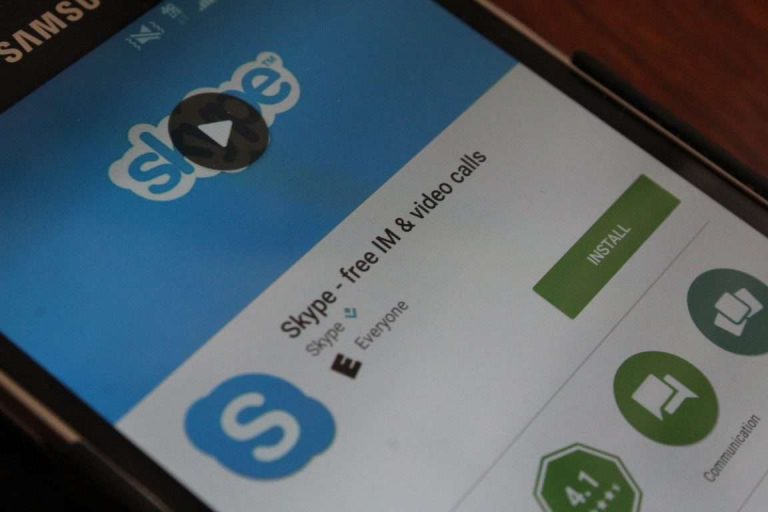Skype is going through a wave of changes right now. For a long time since Microsoft announced it is purchasing Skype for $8.5 billion, over 1900 days ago (seriously!), we’ve not seen any major improvements that end-users would notice, any big changes have been backend related, with the exception of Mojis. Skype was the replacement for MSN Messenger, one of the most popular messaging clients among teenagers at its peak – until Microsoft killed it off and migrated everyone to Skype – where the feature set was sub-optimal. Anyone who remembers in-chat games and drawings will know what we’re talking about here.
But improvements are coming to Skype. Not right now, Microsoft is making one more backend change, and that is the final migration to its Azure platform. This will lead to faster message delivery, improved call quality and a boost in security. Unfortunately, these changes are causing issues for end-users. In fact, it is affecting a major pivot of Skype’s features: calling. As the migration to Azure takes place, older clients will not support the new protocol being used, and as such, may fail to make or receive certain calls from other clients. There’s no definitive list of affected clients. It is due to the change from P2P, where clients would normally connect to each other, without any server being in the middle.
Emma, a Skype employee, responded to a user facing issues receiving calls on Skype and attributed it to this infrastructure upgrade:
We are still migrating all our clients to the new infrastructure, so it is not 100% enabled on all of them. You should keep in mind that:
- Skype Linux client (4.3 client) will always use p2p, hence you cannot establish a call between this client and Skype for Linux Alpha
- All other clients (Mac, Windows, Android and iOS), will be able to receive calls from Skype for Linux Alpha all the time, but outgoing calls won’t always use the new infrastructure, hence the message you see in your Skype for Linux Alpha client and the inability to receive calls sometimes.
These issues will go away once we migrate all clients to the new infrastructure.
A possible solution to these issues is to check for updates. Ensure that the Skype client being used (on both the sender and receiver) is up-to-date to ensure an optimal experience, otherwise, calls failing will be likely to happen. Once the migration is complete then, as stated, these issues should subside.
As we move forward into Skype’s modern-era, we’ll be able to have a smoother, more stable experience. We should also begin to see more end-user facing changes in the months and years ahead, too.


